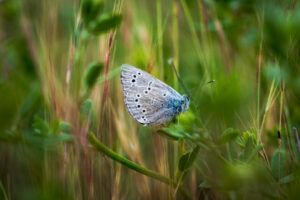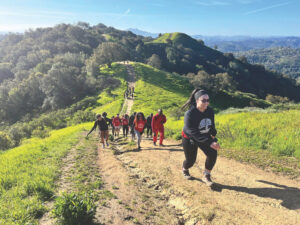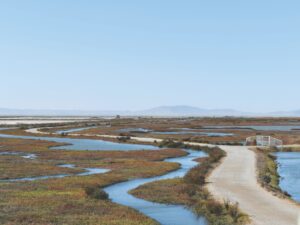There is a fairly well-worn path into professional conservation work, says restorationist Lech Naumovich, that involves a lot of stuff that’s not really related to conservation — which is perhaps why the field is so overwhelmingly white and middle class.
A report released this July suggested that in a study of hundreds of foundations, NGOs and government agencies, the percentage of minorities on boards or staff did not exceed 16 percent. Naumovich’s Golden Hour Restoration Institute has announced plans to offer what he says is a partial corrective: an applied master restoration certificate that Naumovich says will be a different pathway into the professional world.
“Here’s my big pitch: I think you and I are real lucky,” he says. “Our goal is to reach out and have an audience that is very nontraditional.”
The certificate costs $1,200 and requires 500 hours of training, split between formal instruction, volunteer service, and independent research. It’s meant to supplant or replace an academic degree, not complement it. And Naumovich says the biggest part is making sure everyone who goes through the program has a good chance to land a job in conservation coming out. He’s planning for small classes, a handful of students at a time, allowing him match up students with promising employers in the Bay Area. The science advisory board for the certificate includes scientists from a variety of regional and national conservation groups.
“So much of conservation work is connections, talking to people at the right time,” Naumovich says. “So we want to work surgically in where we put people, to give them access to the right people.”
Naumovich calls this year a proof of concept, based around three questions: Do people want to learn about restoration? Can a non-traditional certificate be financially viable in the long term? And can a certificate program improve not just the environment but the “social aspect” of conservation? Naumovich says the answers are yes, not sure, and we’ll find out. “We’re going to give it a shot this year,” he says. “We have a chance to make it happen.”
This post was updated on Monday, October 27.




